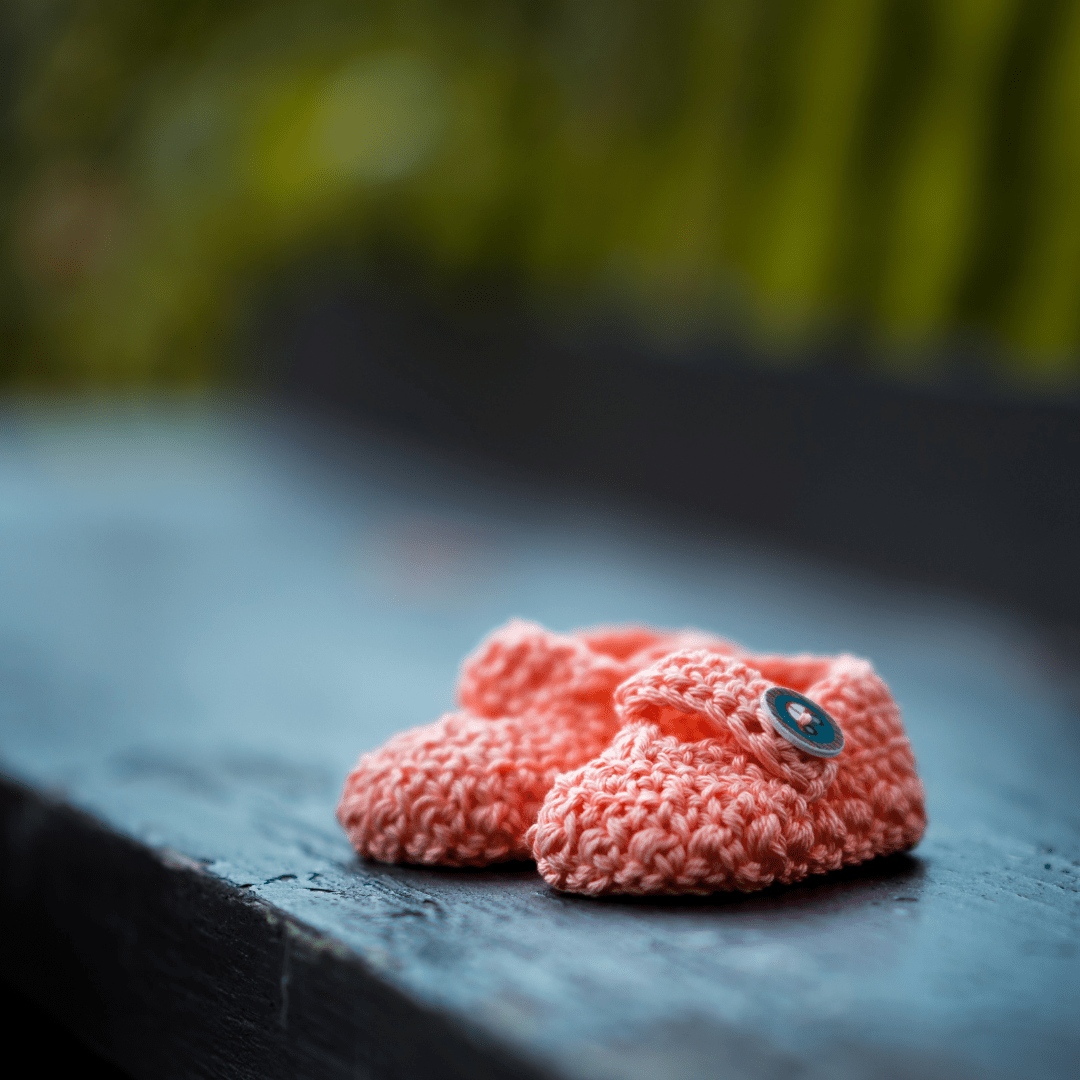
What’s your Fertility Plan and do you know how to identify your unique fertility needs?
Welcome to this free 6-part article series designed to help you determine your fertility plan and understand the steps you can take to optimise your fertility outcomes.
Over these 6 weeks we are going to discuss all potential options for those of you who are:
In these articles I will address information around:
Opportunity to Ask Me Questions – LIVE
After each article release, you have the option to submit any questions you may have by 7pm Monday evening to the Create A Fertile Life Facebook group. If you’ve not yet joined that private group you are welcome to go there and request to join.
If you wish to submit your questions anonymously, you can private message the Fertile Ground Health Group Facebook page and admin will forward them to me.
Each Tuesday, I will be answering your questions live in this Create a Fertile Life Facebook group at 7pm AEDT, so we can all learn from each other.
Now, some of you may know exactly what your plan is, others may not have thought about it so concisely yet. Whatever stage you are at, I want you to provide you with the tools to determine what your fertility plan can look like and how you can optimise your outcomes with Naturopathy. Grab a pen and a piece of paper, or type in to a document on your phone/computer so that you can create the skeleton of the items that relate to YOUR individual journey and we will build on this each week over the next 6 weeks.
I am excited to embark on this journey with you. Let’s get started!
In the same way that we are all our own unique individuals, no two fertility journeys nor pregnancies are the same. It is important for you to identify what your family plan looks like, taking into consideration your age, who your fertility plan involves – who is providing the egg (you or your partner?), who is providing the sperm (you or your partner? Sperm donor – known? Clinic recruited?), who will be carrying the pregnancy and in which timeframe you wish to try to conceive.
For individual’s trying to conceive, age is something that is spoken about regularly. I see frustration in many of my patients when age is spoken about and I understand that frustration because, well, you know the impacts of age on fertility. While age is something we cannot change, thorough preconception care can positively influence your egg quality and reduce the impacts of biological age as much as is possible.
Statistics show a decline in fertility from 35 years of age, with a further decrease after 40-42 years of age. (The American College of Obstetricians and Gynecologists Committee on Gynecologic Practice, 2014; Fertility Society of Australia, 2018) Individuals assigned female at birth are born with all their eggs and research now shows that egg quality can be positively influenced in the 100 days before ovulation. (Fertility Society of Australia, 2018)
If you’re 34 years old or younger, you’re fortunate enough to have at least 12 months to undertake a thorough preconception screening and treatment protocol.
If you’re 35 years or older, your time to conceive considerations are a little different. If you’re wanting to try to conceive within the next 3, 6, 9, 12 months, it is essential you undergo a thorough preconception screening for your individualised preconception care as soon as possible to maximise your time to influence your biology in a positive way. The more time, the better! In some cases, the best opportunity to conceive involves using donor eggs, however this is something that is determined on a case by case scenario and takes many factors into account.
Have you considered the time in which you want to start trying to conceive? Considerations include your age, sourcing a sperm donor and individualised preconception recommendations. It is good to start with an estimated time frame. The time required to optimise your health for conception will become clearer once you’ve undertaken a thorough preconception screening.
The minimum recommendation for your optimal preconception screening is 3 months. However, some of my patients have more time-sensitive scenarios where we will tailor their treatment protocols to support where they’re at in their fertility journey, whilst closely monitoring their pathology and working alongside their fertility specialist.
Maybe you’ve already started your fertility journey and unfortunately are yet to achieve conception. No matter what your circumstances, preconception screening and care is the best way to optimise your…
Want to keep reading? Sign up to get instant free access to Sage’s preconception article series and find out about the intricacies of your menstrual cycle, sperm donor considerations, intercourse, conception, egg quality, egg carrying considerations, assisted reproductive technology, home insemination, the answers to your questions and more.
Written by Fertile Ground fertility Naturopath, Sage King.